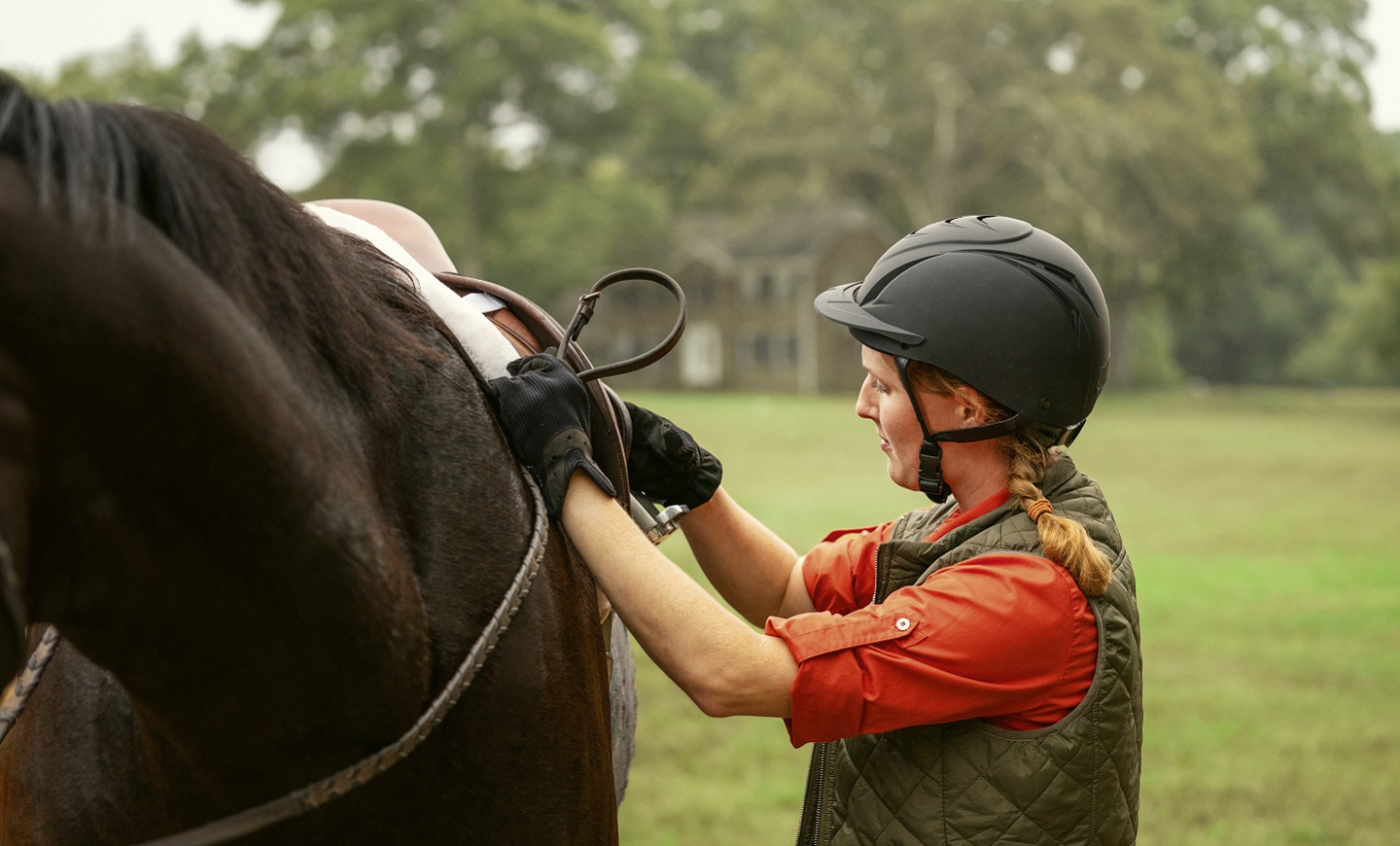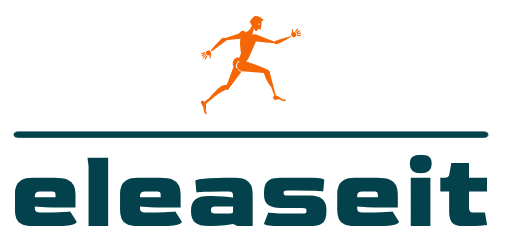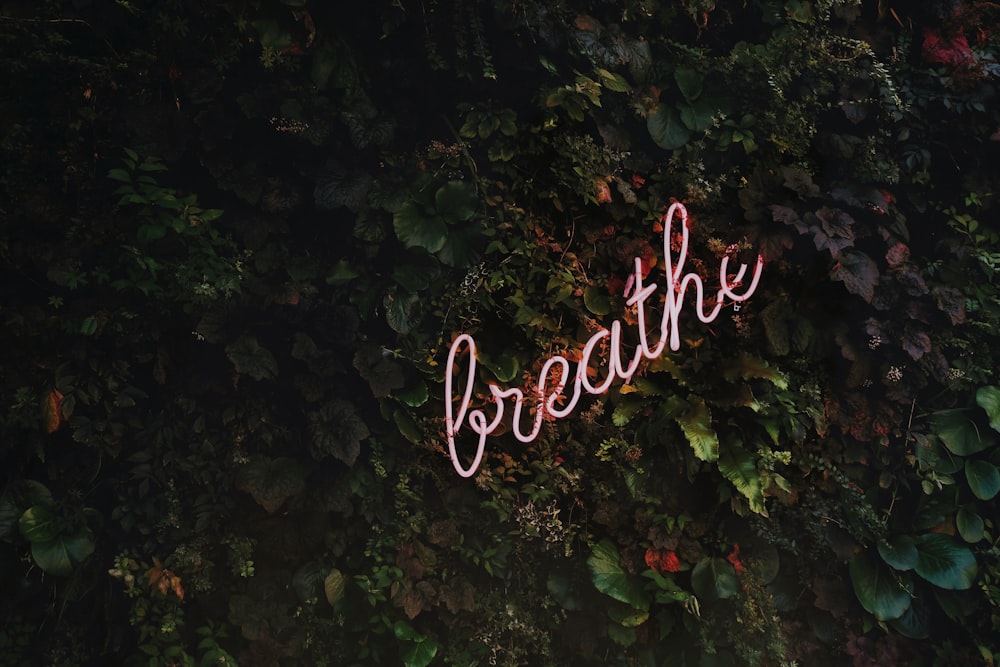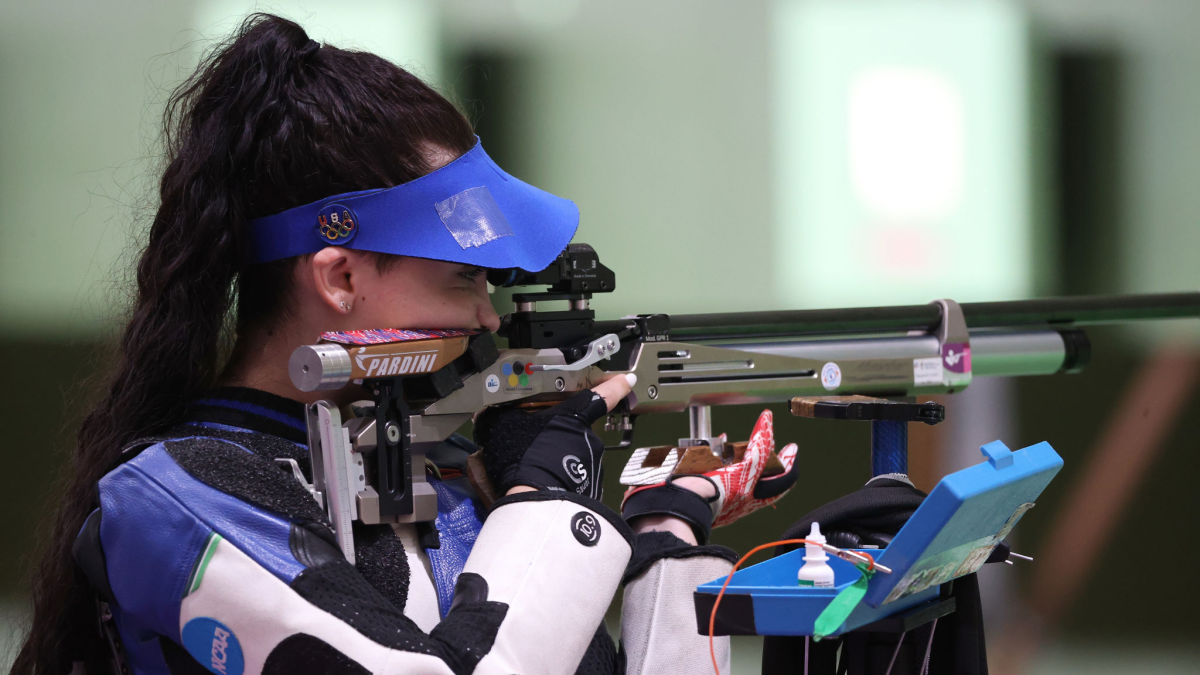
Nurturing Noble Companions: Equestrian Horse Care
Equestrian horse care is more than just a routine; it is a profound commitment to the well-being and vitality of our noble equine companions. From the basics of nutrition to the intricacies of grooming and medical attention, the care provided to horses plays a pivotal role in their overall health, performance, and the strength of the bond between horse and rider.
Nutrition Foundations: Fueling Health and Performance
At the heart of equestrian horse care lies nutrition – the foundation for a horse’s health and vitality. A well-balanced diet tailored to the horse’s age, activity level, and individual needs is crucial. Adequate access to quality forage, supplemented with grains and essential nutrients, ensures the horse receives the fuel necessary for optimal health and performance. Regular consultations with a veterinarian or equine nutritionist can help refine the diet based on the horse’s unique requirements.
For valuable insights and tips on Equestrian Horse Care, consider exploring Equestrian Horse Care. This resource provides practical advice for nurturing the well-being of your equine companion.
Stable Management: Creating a Comfortable Environment
A horse’s living environment is a significant aspect of equestrian horse care. Proper stable management involves creating a comfortable and safe living space. Adequate ventilation, clean bedding, and spacious stalls contribute to the horse’s well-being. Regular cleaning and maintenance of the stable area not only promote hygiene but also prevent the development of respiratory issues and other health concerns.
Grooming Rituals: Enhancing Bond and Health
Grooming is more than a cosmetic practice; it is a ritual that enhances the bond between horse and rider while promoting skin and coat health. Regular brushing removes dirt, distributes natural oils, and allows for the early detection of any skin issues. Additionally, grooming sessions offer an opportunity to check for injuries, ticks, or other external concerns, contributing to the overall health and happiness of the horse.
Hoof Care: The Foundation of Soundness
Equestrian horse care extends to the foundation – the hooves. Regular hoof care is essential for maintaining soundness and preventing lameness issues. This includes routine trimming, balancing, and, if necessary, shoeing. Attention to hoof health not only ensures a comfortable gait for the horse but also contributes to the prevention of more serious orthopedic issues.
Routine Veterinary Check-ups: Proactive Healthcare
Routine veterinary check-ups are a cornerstone of proactive equestrian horse care. Regular vaccinations, dental examinations, and health assessments are essential to catch and address potential issues early. Vaccinations protect horses from contagious diseases, dental care ensures proper chewing and digestion, and overall health assessments provide a comprehensive understanding of the horse’s condition.
Exercise and Mental Stimulation: Promoting Well-rounded Wellness
Equestrian horse care goes beyond physical health; it encompasses mental well-being. Regular exercise is crucial for maintaining muscle tone, joint health, and cardiovascular fitness. Engaging in varied activities, such as trail rides, ground exercises, and even playful interactions, contributes to mental stimulation and prevents boredom, fostering a happy and contented horse.
Weather Considerations: Adapting to Seasons
Adapting horse care routines to seasonal changes is a vital aspect of comprehensive care. From providing shade and adequate hydration in the heat to ensuring warmth and protection in colder weather, equestrian horse care is dynamic. Monitoring horses for signs of discomfort or stress during extreme weather conditions allows for timely adjustments to their care regimen.
Social Interaction: Recognizing the Herd Instinct
Horses are social animals with a strong herd instinct. Acknowledging this aspect in equestrian horse care involves providing opportunities for social interaction. Whether turned out with pasture mates or engaged in supervised group activities, socialization is integral to the mental well-being of horses. It helps prevent feelings of isolation and contributes to a more content and balanced equine companion.
Emergency Preparedness: A Critical Component
Being prepared for emergencies is a critical component of responsible equestrian horse care. Having a well-stocked equine first aid kit, an evacuation plan in case of natural disasters, and access to emergency veterinary care are essential. Quick and informed action during emergencies can make a significant difference in the outcome and recovery of the horse.
Education and Continuous Learning: Evolving Care Practices
Equestrian horse care is a field of constant evolution. Staying informed about advancements in nutrition, veterinary care, and management practices is a responsibility of every horse owner. Continuous learning ensures that the care provided to equine companions remains at the forefront of best practices, contributing to the longevity and quality of life for these noble animals.
Conclusion: A Holistic Commitment to Equine Well-being
Nurturing noble companions through equestrian horse care is a holistic commitment that goes beyond daily routines. It involves a deep understanding of the horse’s physical and mental needs, a proactive approach to healthcare, and a continuous effort to enhance the bond between horse and rider. In the realm of equestrian pursuits, the well-being of the horse stands as a testament to the true essence of partnership and the art of responsible horse ownership.



